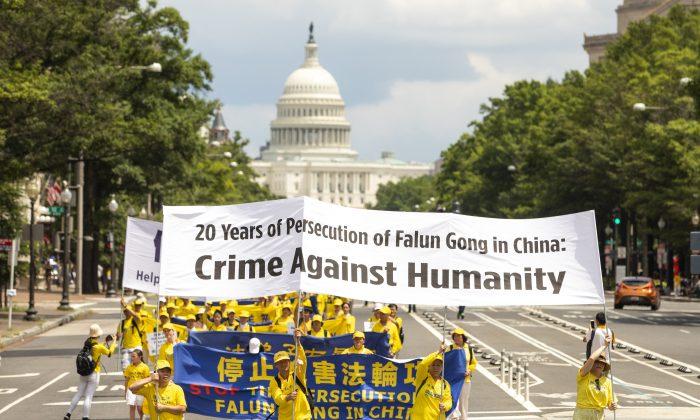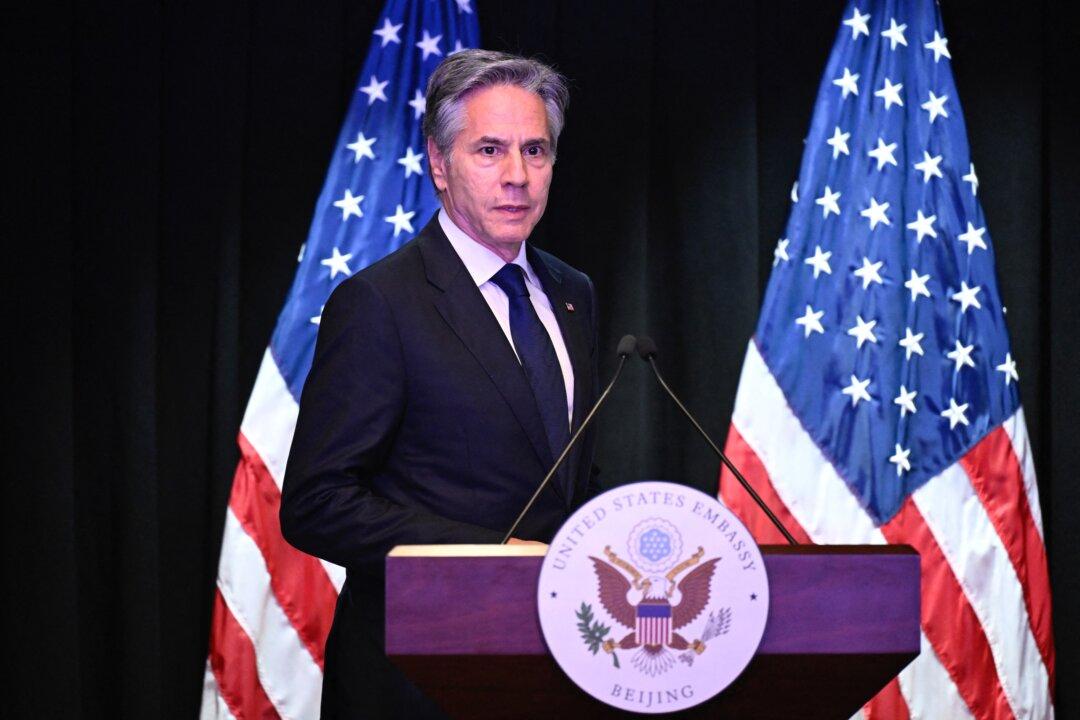The tribunal was chaired by Sir Geoffrey Nice QC, who previously led the prosecution of former Yugoslav President Slobodan Milosevic for war crimes at the International Criminal Tribunal.
Crimes
The findings reaffirm the tribunal’s previous conclusion, published in June 2019, that adherents of the spiritual practice Falun Gong have been one of the main sources of human organs for transplant under the Chinese regime’s program.On July 20, 1999, Jiang began a nationwide campaign to round up and throw adherents into prisons, labor camps, brainwashing centers, and psychiatric wards, in an effort to force them to renounce their faith.
Organs harvested from Falun Gong adherents are readily available, based on undercover phone calls to doctors at Chinese transplant hospitals, the report stated. Other phone calls revealed that organ recipients were told the wait time would be about two weeks in China, compared to months or years in countries where legal and transparent organ donations take place.
Four methods of forced organ harvesting are currently known: killing prisoners by removing their organs; harvesting organs from prisoners after lethal injection; harvesting from prisoners who weren’t dead after execution by shooting; and “organ harvesting under the pretext of brain death,” according to a statement.
“It is no longer acceptable for Governments, medical bodies, and leading human rights organizations to say there is not enough evidence. The enormous task of assessing all available evidence has now been completed and is available for all to see,” said Susie Hughes, executive director and co-founder of the advocacy group International Coalition to End Transplant Abuse in China in the statement.
“The time for ignoring the issue has passed. ... They are crimes against all of humanity. The next step is for humanity to act.”
The report described forced organ harvesting as the “greatest possible breach of a person’s human rights.” The onus is now on governments to take action against the Chinese regime, the tribunal said.
People and countries have a “duty” to protect “the right to life,” he added. “This cannot be done by wilful blindness or deafness, pragmatic silence, and inactivity.”
Chinese Officials
One piece of evidence presented in the report directly implicated former regime leader Jiang, who directly ordered the harvesting of organs from Falun Gong adherents.“Jiang issued the order [to take organs],” said Bai Shuzhong, a former minister of health for China’s military, when he was questioned by an investigator during an undercover phone call in 2014.
Another evidence of officials’ direct involvement in forced organ harvesting was revealed during an undercover phone call in 2016 with Zhu Jiabin, who was the head of the 610 Office in Mudanjiang, a city in Heilongjiang Province. The 610 Office is a Gestapo-like secret police force that was established expressly to carry out the persecution of Falun Gong adherents.
“I am called the butcher specializing in live organ harvesting. ... It’s nothing, just like slaughtering pigs,” Zhu said in the phone call, before adding, “After scooping the organs out, I would sell them.”
All phone calls submitted to the China Tribunal and included within the report have been “individually validated by independent investigators to ensure credibility [of] origin and content,” according to the release.
The tribunal also said it is “convinced that official Chinese transplantation statistics have been falsified,” the report stated, in order to cover up forced organ harvesting.
In 2015, the Chinese regime said it would stop sourcing organs from executed prisoners and rely exclusively on a new voluntary donation system.
The study showed that official Chinese figures didn’t appear to be real statistics from donations, but rather data generated using a mathematical equation.





